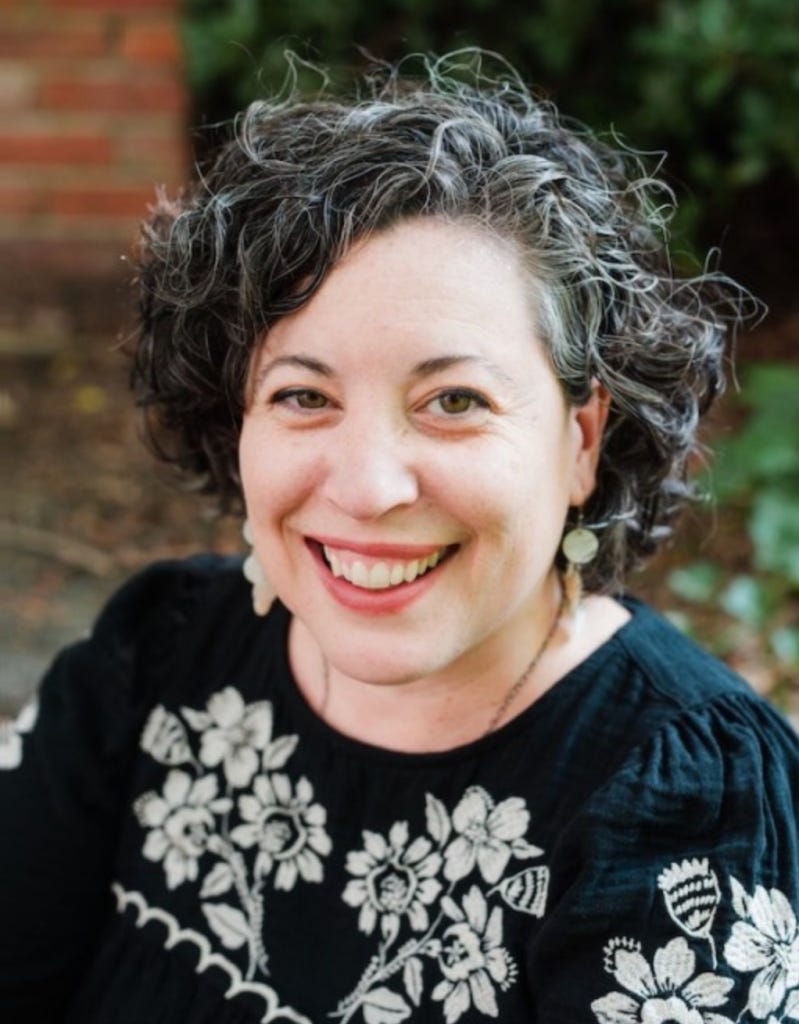We Can’t Address Durham’s Affordable Housing Crisis One Rezoning at a Time
VERBATIM | Council Member Javiera Caballero and affordable housing specialist Ramsay Ritchie lay out a concrete strategy to close Durham's affordable housing gap.
VERBATIM is a series that republishes the words of local leaders supporting better cities.
On September 25, 2025, Durham City Council Member Javiera Caballero and affordable housing specialist Ramsay Ritchie published the following op-ed in INDY Week, calling upon the city’s elected leaders to “commit to a comprehensive, evidence-based investment in housing affordability”. Their piece is republished in full.
Today 31 percent of Durham County families are housing cost burdened (meaning they spend more than 30 percent of their income on housing costs). For low-income renters, that number increases to 77 percent.
Durham prides itself on being a place where anyone can belong and thrive, yet three-quarters of our low-income residents cannot sustainably afford housing here. We have to be better.
The Triangle Community Foundation estimates that Durham is 24,755 affordable units short of its low-income residents’ current housing needs. That is to say nothing of housing for those who aren’t considered low-income but still struggle to afford housing costs every month. Taking affordability seriously in Durham means committing to taking steps toward filling our housing gap now. So how do we do it? How can our city fill a gap that big?
To watch our city council now, one might think that rezoning cases are the solution. Rezoning cases are requests to change a zoning designation to allow for a new or altered development. Contentious cases (and there have been quite a few) have come to animate the housing debate in Durham. Those that vote in favor of a development’s rezoning request are criticized for not demanding enough affordable housing and environmental protections from the developer. Those who vote against are accused of being antigrowth and driving up citywide housing prices by limiting supply.
These critiques are individually legitimate. Rezoning cases offer a piecemeal opportunity to address development impacts and housing affordability, and honest people can disagree about the best course of action in any given case. Taken in aggregate, however, they obscure a crucial reality: we cannot address Durham’s affordable housing crisis one rezoning case at a time. If we take this crisis seriously (and we must), then we should hold ourselves to a much higher standard. It’s time for Durham, starting with its elected leaders, to commit to a comprehensive, evidence-based investment in housing affordability.
Last September Durham created a Housing Initiative Task Force (led by one of this op-ed’s writers) with volunteer housing leaders, policymakers, and practitioners from across the city. The task force recently published a report proposing short-, medium-, and long-term recommendations across focus areas from supportive services to workforce housing and land use policy (and quite a few more). The contents of that report indicate that we have a real path toward affordable growth in Durham. Walking that path requires, to quote the report, that “Durham applies all of its available resources and capacity—public, private, philanthropic and nonprofit—towards the achievement of shared goals.” Put differently, addressing affordability in Durham will take a community-scale commitment to actionable solutions. The writers of this op-ed propose the approach below as a nonexhaustive (please read the report, it really is incredible) first step for the Durham City Council to champion to increase affordable housing supply.
First, we need to commit to building more housing, both market rate and affordable. More abundant market-rate housing will not solve our immediate affordability problems, but it will stabilize rents and create space for more middle-class housing. We can do this by expediting our permitting/review process. We should further fast-track the city review process for affordable housing to create a greater incentive to build affordable housing quickly. Finally, we should advocate for revising our Unified Development Ordinance (Durham’s land use regulations) so that it allows us to use our land more efficiently by building quality, dense housing in formerly single-family lots.
Next, rather than getting stuck on council debates about the number of affordable units in any single rezoning case, we need to get creative, lean in together, and bring the most innovative ideas to the affordable housing challenge. We should create an actionable plan for building affordable housing on public land. We should partner with value-aligned developers to invest in ownership models like Mixed Income Neighborhood Trusts or Community Stewardship Trusts so that new development enriches communities instead of destabilizing them. We should work with faith communities and other community-serving entities to build affordable housing on their excess land. We should create a network of auxiliary dwelling units (ADUs) to pair with communities in need of housing. We should develop a rental registry so that Durham residents have dedicated support finding the housing that they need and establish an affordable housing navigator, so developers have a guide in their building process.
Finally, we need to invest. Building more housing, market rate or affordable, is a critical financial opportunity for the city. It can increase our tax base, create jobs, and make space for new, local developers that generate local wealth through Durham’s growth. We should take the first step toward creating that financial opportunity by establishing a Housing Trust Fund (like Ascent Housing did in Charlotte in 2020). We should create financial incentives for investors and corporate entities to support affordable housing in Durham by issuing a social impact bond to make bold investments in long-deferred development opportunities like Northgate Mall. We should start a housing developer accelerator program like those already running in Washington, D.C., and Columbus, Ohio, and create collaborative spaces for local developers to work together to meet city goals. Finally, we should start planning toward another affordable housing bond in the next three years.
None of this work is easy. All of it costs money and time. Some of it might not work. But we must take a real shot at making housing in Durham more affordable and accessible. It will take far more than seven folks on city council to accomplish any one of those things, but it is the privilege and responsibility of elected leaders to take the first steps. Our city council members, including the one cowriting this op-ed, can mark out a path to make affordable housing in Durham mean more than the next rezoning case. We ask them to help us take the first step.
Ramsay Ritchie is a green lending and affordable housing finance specialist for a climate equity non-profit. He serves on Durham’s Planning Commission and Durham’s Open Space and Trails Commission. Javiera Caballero is an at-large Durham City Council Member serving in her second term. She led the Durham Housing task force and affordable housing has been a policy focus area since she joined the council.



